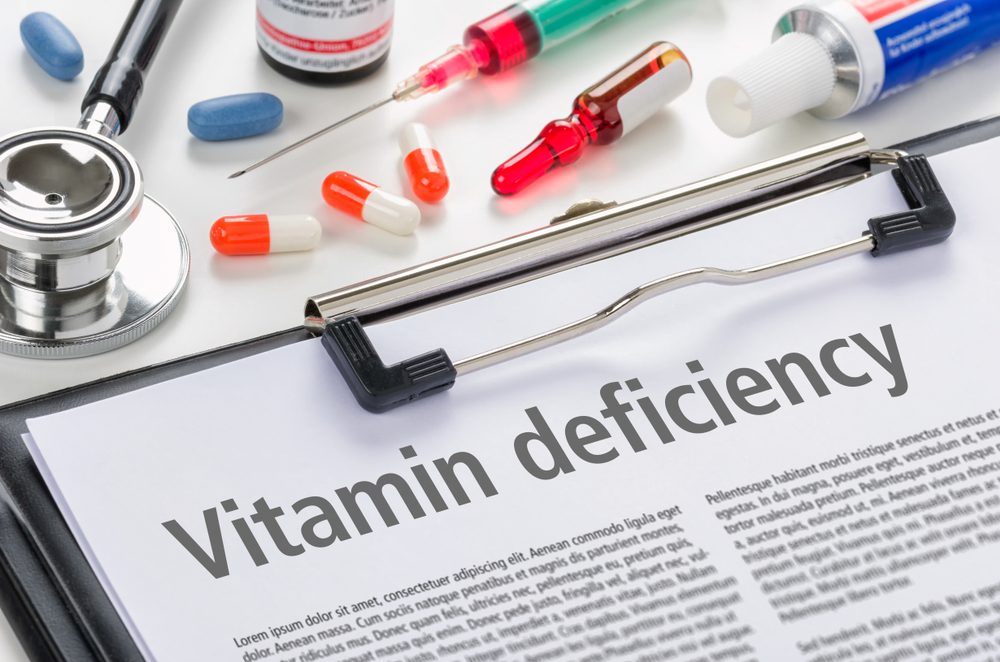Daily Habits to Naturally Reduce Blood Pressure
We tend to believe high blood sugar is highly related to something that creeps up with age, but in reality, one of the biggest factors is how we start our day. Yes, age, genetics, and a good diet matter, but the first 60 minutes after you wake up could be shaping your heart health in more ways than you realize.
Nowadays, mornings are about alarms, missed mails and phone calls, and a rush through breakfast. As soon as we wake up, the problems begin. We wake up to a stressful commute and a to-do list that can’t be postponed. So, if you think a little bit about how you start your day, it’s no wonder that blood pressure spikes before you’ve even finished your first cup of coffee.
Before you worry, there is also some good news. The morning can also be your most powerful opportunity for healing, balance, and, most importantly, prevention. Even small shifts in your routine can mean a lot for a healthy blood flow. And no, this isn’t about becoming a morning person; it’s about recognizing your body’s needs and setting the tone for your blood pressure, energy levels, and mental clarity.
Keep in mind that blood pressure, or hypertension, doesn’t develop overnight. It usually appears because of stress, inflammation, and lifestyle patterns that wear down your blood vessels over time. Even though most people focus on what NOT to do, this article focuses on what you CAN do, especially right after you wake up. So, are you ready to find out more? Keep reading.

7 Morning Rituals That Beat High Blood Pressure
1. Eat a high-potassium breakfast
Did you know that what you put on your plate matters a lot? It influences your blood pressure for the rest of the day. One of the best nutrients for heart health is potassium. It’s a mineral that plays a crucial role in helping your body balance out the effects of sodium. Many Americans’ diets are too high in salt, so their blood vessels can become stiff and inflamed. Potassium helps relax those vessels, allowing blood to flow more easily and reducing pressure on your heart.
Stop skipping breakfast and start considering it the perfect time to load up on potassium-rich foods that set the tone for a healthier cardiovascular system. Some of the best recipes consist of oatmeal topped with banana slices and almond butter, a smoothie with frozen berries or spinach, and Greek yogurt. Other great sources of potassium include avocados, sweet potatoes, and oranges. Incorporate them into your diet and protect your heart’s health.
2. Exercise
Simple exercises are essential to move your body and are also an effective way to control your blood pressure. Any physical activity is good for improving your blood flow, which in turn strengthens the heart.
You can practice any workout, no matter the intensity. The most important thing is to be consistent. Nowadays, you can find countless helpful resources, especially on YouTube. There are a lot of fitness channels that are extremely great for everyone who wants to lose weight or tone their muscles.
You can find videos targeted for every part of your body. The best part about working out from home is that you can do something beneficial for your health, without leaving your comfort zone.
If you don’t really like the idea of physical exercise, you can also establish a target of daily steps. Walk as much as you can. You can do it around your neighborhood or even on a treadmill.

3. Start your day with some water and lemon
Did you know that lemons are rich in vitamin C and antioxidants? Well, the vitamin is known for its oxidative effects, and that’s not all! It also reduces inflammation and protects cardiovascular health.
If you start to drink lemon water with warm water first thing in the morning, you will naturally stimulate your digestion, hydrate your body, and flush out toxins.
All you need to do is squeeze half a lemon and put the juice into a glass of warm water. Then, drink it on an empty stomach. If you are looking for some extra health benefits, you can also add a pinch of cinnamon or honey.
4. Meditate
As you probably already know, stress is one of the biggest causes of high blood sugar. So, deep breathing and meditation can lower cortisol levels and promote healthier blood pressure levels.
If you have never tried meditation before, don’t worry! It’s simpler than you can imagine. Devoting 10 minutes of your time to meditation and deep breathing is extremely important for your health.
Use this time to acknowledge everything you have in your life. Find a peaceful place to sit and put on some music that calms you and the surroundings.
Have you heard about the 4-4-6 method? It’s known to be one of the most effective ones. Breathe deeply through your nose for a count of 4, hold for a count of 4, and exhale slowly through your mouth for a count of 6.
If you want a simpler version, you can simply inhale and exhale slowly, focusing on each breath you take and each breath you leave.
Start your day with mindfulness; you will significantly improve your mood and boost your productivity levels. Even a few minutes can completely change your day.
5. Take a warm shower
Make sure to take a warm shower before you start your day! In the morning, it can help relax the body, ease tension, and gently stimulate circulation. The warm water causes blood vessels to dilate slightly, and this way, the resistance in your arteries is reduced, temporarily lowering blood pressure.
But be careful! While the warm water is helpful, hot showers can add strain on your cardiovascular system, particularly in the early morning when your body is still adjusting from sleep. Extreme heat can cause a spike in heart rate and make you feel dizzy or lightheaded.
6. Cut the caffeine spike
Coffee is probably an important part of your morning routine. While moderate caffeine intake isn’t harmful for everyone, it can cause short-term increases in blood pressure, especially in people who are already hypertensive.
As you already know, caffeine works by stimulating the central nervous system, which in turn causes a temporary increase in heart rate. Even though for some it might not sound like a dangerous issue, it can lead to unnecessary pressure on the cardiovascular system.
Make small adjustments that still let you enjoy your morning cup without the pressure spike. Before you drink coffee, you need to hydrate with water. Oh, and also, make sure not to drink coffee on an empty stomach! Pairing it with food slows caffeine absorption and helps keep your blood sugar and heart rate more stable.

7. Stop rushing
It sounds impossible, right? Well, the morning rush effects are usually underestimated. But the truth is, the stress of being late, skipping a healthy breakfast, and feeling mentally unprepared for the never-ending tasks produces stress hormones that can affect your blood pressure for hours. When your mornings feel like races, you will most likely develop chronic hypertension.
There are a lot of small changes you can make to prevent the cortisol spike, so focus on what can be improved and take care of your health. For example, one of the simplest yet most effective ways to lower your blood pressure is by giving yourself enough time in the morning.
Try to wake up 15 or even 30 minutes earlier. Don’t forget to lay out your clothes and prepare your breakfast the night before, and this way, you can simply create a small ritual and prepare yourself for the day ahead.
Before leaving, here is one of the best blood pressure monitors found on Amazon.
If you found this article useful, there is more that awaits to be discovered on our website. Here’s what to read next: Why Ignoring Your Cholesterol Can Kill You



















